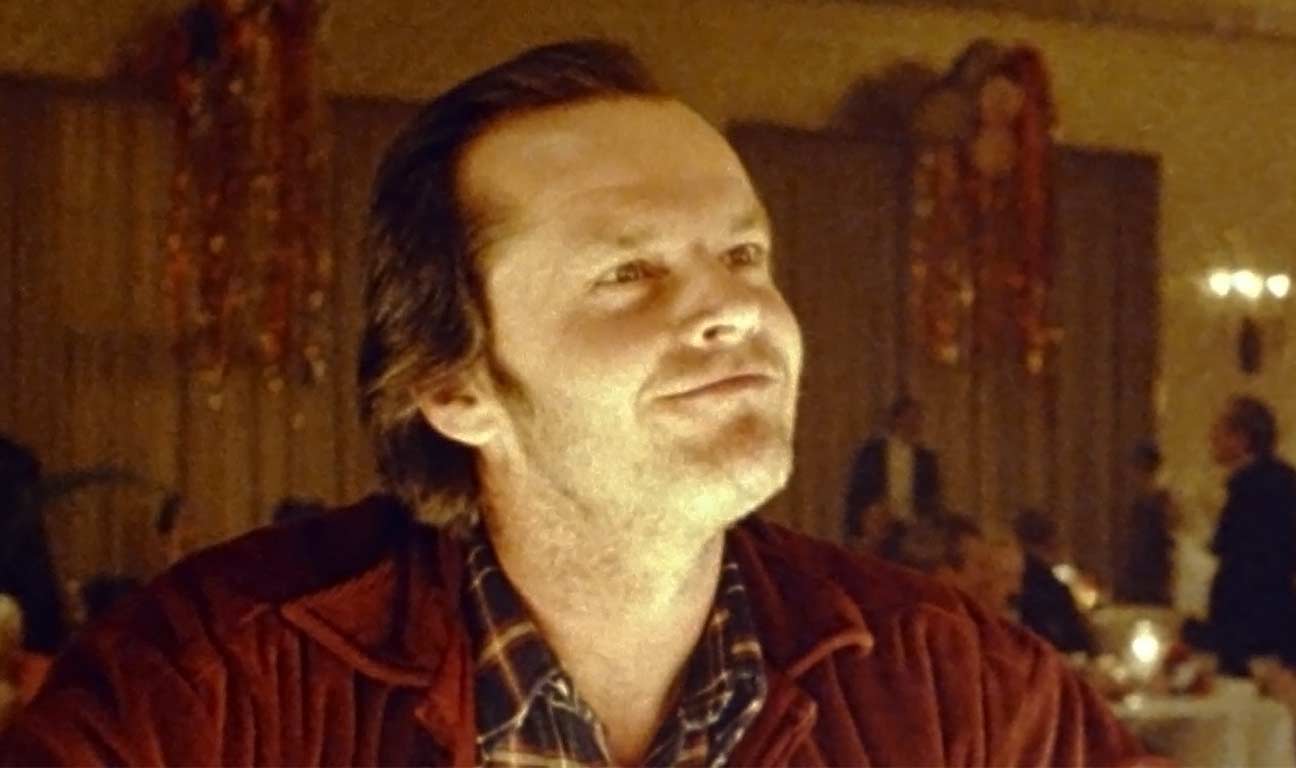A family heads to an isolated hotel for the winter, where a sinister presence influences the father into violence. At the same time, his psychic son sees horrifying forebodings from both the past and the future.
The Shining is a 1980 psychological horror film produced and directed by Stanley Kubrick and co-written with novelist Diane Johnson. It is based on Stephen King’s 1977 novel of the same name and stars Jack Nicholson, Danny Lloyd, Shelley Duvall, and Scatman Crothers. The film presents the descent into insanity of a recovering alcoholic and aspiring novelist (Nicholson) who takes a job as winter caretaker for a haunted resort hotel with his wife (Duvall) and clairvoyant son (Lloyd). Frequently cited as one of the best horror films of all time, the film was selected for preservation in the United States National Film Registry by the Library of Congress as being “culturally, historically, or aesthetically significant” in 2018.
While “The Shining,” directed by Stanley Kubrick and based on Stephen King’s novel, is primarily known as a horror film, we can draw some unconventional estate planning lessons from its plot and characters…
“The Shining” – Unclear Succession Plans: Jack Torrance’s descent into madness is iconic. But it also brings up a critical point: an unclear succession plan can lead to chaos. In the absence of a well-drafted will or trust, assets can be subject to probate, and family members could end up at each other’s throats. In a hotel as creepy as the Overlook, this is the last thing you want.
bluewaterestateplanning.com
Generated by Microsoft Copilot:
While “The Shining,” directed by Stanley Kubrick and based on Stephen King’s novel, is primarily known as a horror film, we can draw some unconventional estate planning lessons from its plot and characters. Here are a few tongue-in-cheek takeaways:
- Plan for Remote Properties:
- The Overlook Hotel is a remote and isolated property. If you own similar assets, it’s crucial to have clear plans and instructions on how they should be managed, especially in emergencies or off-seasons.
- Mental Health Provisions:
- Jack Torrance’s deteriorating mental health highlights the importance of considering mental health provisions in your estate plan. Ensure that trusts or directives include clauses that address potential mental health issues.
- Backup Caregivers:
- Just as the hotel’s caretaker position becomes a nightmare for Jack, it’s vital to have backup caregivers or trustees in your estate plan. Ensure that there’s always a trusted person to step in if the primary individual cannot fulfill their duties.
- Child Guardianship:
- Danny Torrance’s safety becomes a major concern. Your estate plan should include clear guardianship arrangements for your children to ensure their well-being in case of unforeseen events.
- Property Maintenance:
- The Overlook Hotel’s upkeep issues underscore the need for proper property maintenance plans. Make sure your estate plan includes details on who will manage and maintain properties, especially if they are valuable or require special care.
- Communication Plans:
- The lack of communication with the outside world at the Overlook is a dire warning. Make sure your estate includes clear communication plans and access to necessary documents and information for your beneficiaries.





